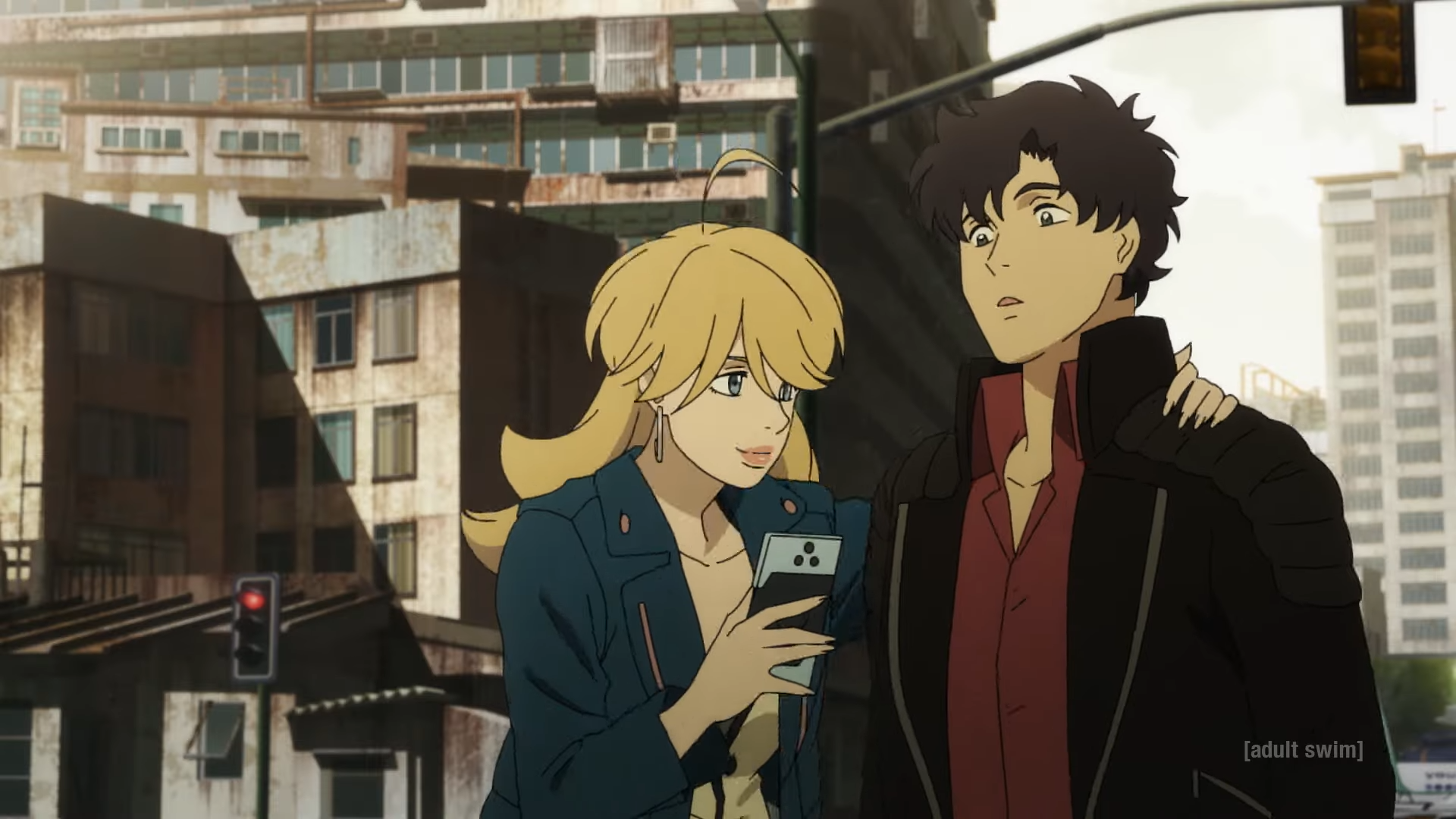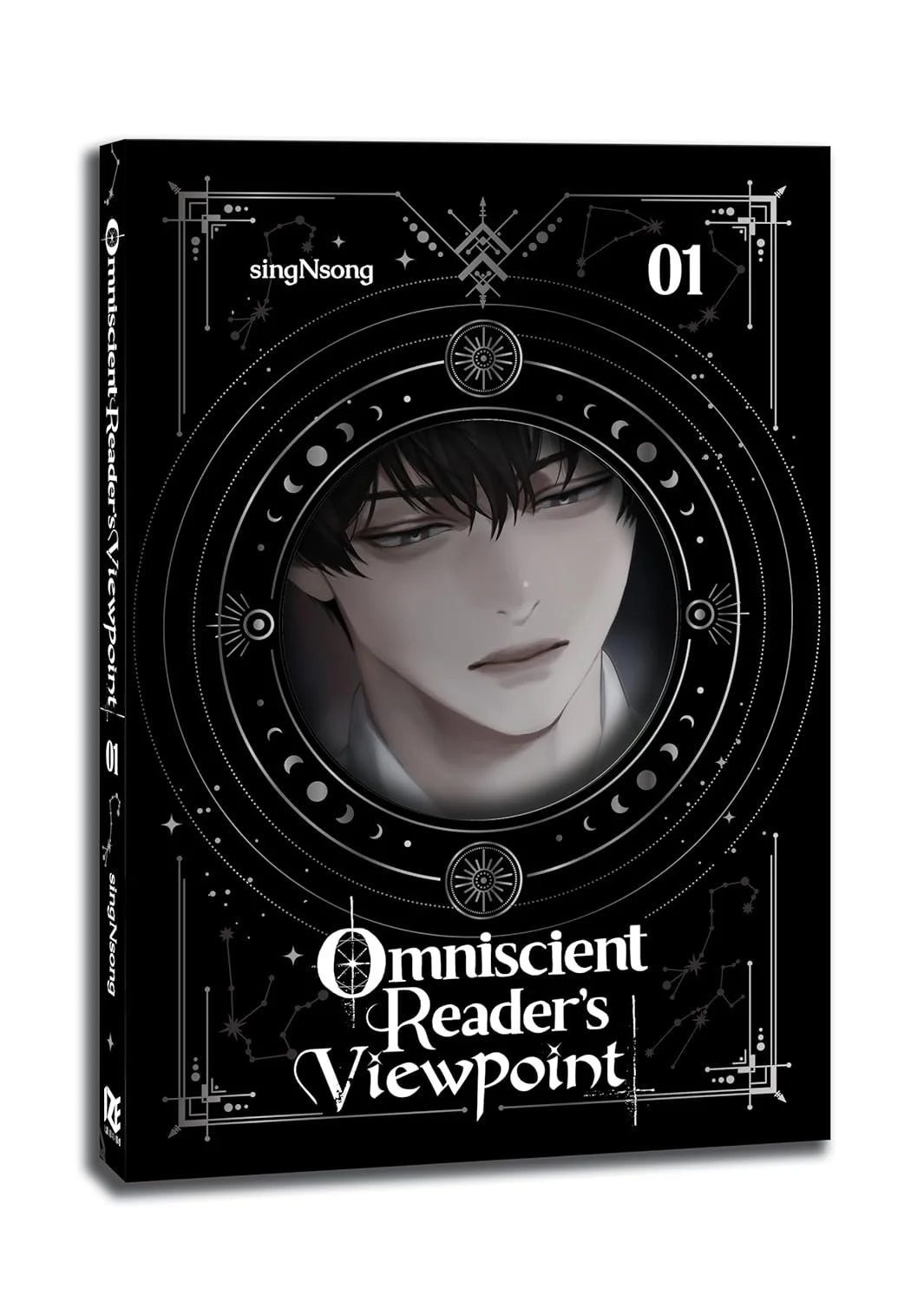Lazarus Series Review
The anime world has seen no shortage of cyberpunk thrillers, but Lazarus manages to do something rare: it balances philosophical depth, thrilling action, and real emotional weight—without ever losing its pulse. Directed by the legendary Shinichirō Watanabe, Lazarus is equal parts cerebral and cinematic, giving us a dystopian sci-fi epic that feels startlingly relevant while offering one of the most cohesive, hopeful stories in recent memory. And aside from its ability to entertain, it challenges, reflects, and ultimately reaffirms the value of hope in a fractured world.
A Dynamic Team That Feels Real
At the heart of Lazarus is its five-member team, each of whom is more than just a trope or plot device. They're fully realized individuals with distinct personalities, motivations, and skillsets—and they all matter. Whether it's in combat, tactical planning, emotional conflict, or moments of downtime, every character plays a crucial role not only in the plot but in the emotional rhythm of the series.
There’s a clear sense that the group wouldn’t work without each member. One character might bring precision, another raw instinct, another empathy, or wit. Their differences create fun, comedic tension, but also synergy. Watching them clash, connect, and ultimately grow as a unit is one of the show’s most consistent pleasures. You get the sense that they’re not just surviving a mission together—they're becoming something bigger than the sum of their parts. For viewers, they quickly become indispensable.
Compelling Solo Arcs That Hit Hard
Despite the intensity and urgency of the central mission, Lazarus brilliantly makes space for its characters to breathe—and break. Axel and Chris are two standout examples. Axel, the group's fearless face, starts off cocky and charismatic, but his arc begins to carefully show glimpses at the man underneath the facade. Whenever the spotlight turns to him, the story blends strength with fragments of vulnerability—solidifying his place as the series’ most compelling character.
Chris, in contrast, brings a quieter kind of intensity. She may not demand attention, but her depth is undeniable. Her emotionally heavy backstory intelligently unfolds gradually across several episodes, culminating in several heartfelt moments that land with more impact than any action set piece. And if there’s any doubt about her importance, the series makes it clear when the entire Lazarus crew is willing to risk everything to bring her back.
Another surprising highlight is a three-episode arc centered on the Ghost Assassin when the stakes are raised. The tone distinctly shifts here—more meditative, almost noir-like—but it never breaks the series’ flow. This mini-arc is stylish, emotionally grounded, and ends in one of the most poetic full-circle moments in the show. It’s a bold narrative move, and it works.
A Story That Feels Strikingly Relevant
While the series covers several themes and concepts, Lazarus is truly about what it means to be alive in a world designed to dull that feeling. The series explores a future where humanity leans heavily on technology, artificial stimulants, and synthetic emotion to keep functioning. But the show never falls into pessimism for its own sake. It uses these themes to ask real questions: How do we define purpose? What do we lose when we give our agency to machines or substances? And who profits from that surrender?
The series' antagonist, Skinner, isn't a cartoon villain either. He’s a calculated ideologue—one who believes he’s offering salvation through control. It’s that near-believability and devastation behind it that makes the show’s dystopia feel like an unnervingly close mirror to our own world. And yet, despite its heavy subject matter, the show remains deeply human at its core.
An Ending That EARNED Its Hope
Given the darkness Lazarus is willing to wade through (or even the darkness of its spiritual predecessor, Cowboy Bebop), one might expect a bleak finale. But instead, the show delivers something even more powerful: genuine optimism. The ending doesn’t shy away from loss or trauma—characters are scarred, and not everyone makes it out. But there’s resolution, clarity, and, most importantly, hope.
Above all, the final episodes bring the emotional arcs full circle. Moments that seemed small earlier in the season take on greater meaning in hindsight. Relationships deepen, and characters make choices that reflect their growth. The message isn’t that pain disappears, but that healing is possible—and that the fight to stay human, even in a collapsing world, is worth it.
It’s a conclusion that feels earned, not handed out. And in a time where so many stories end in irony or nihilism, Lazarus offers an affirmation of life.
Visually Breathtaking from Start to Finish
From the opening scene to the final frame, Lazarus is a visual achievement. The animation is fluid, richly detailed, and consistently cinematic, with an aesthetic that evolves alongside the story. Fight sequences unfold across stunning, often surreal backdrops, and the changes in scenery always feel purposeful, mirroring the emotional tone of each arc.
The action choreography is especially striking. Every fight is visceral, fast-paced, and inventive, with real weight behind each movement and a rhythm that feels alive. But even in its quietest moments, Lazarus knows how to frame a shot for maximum emotional impact. Lighting, texture, and motion are handled with precision and style.
The score effectively ties it all together. From bursts of brassy jazz during high-intensity scenes to soft piano underscoring reflective moments, the music is just as intentional as the visuals. It's this marriage of sound and image—scene after scene—that allows Lazarus to achieve visual and emotional perfection.
Score: 10/10
Lazarus is a masterclass in genre storytelling. This isn’t just the best anime of the year so far—it’s a standout piece of storytelling across any medium.







